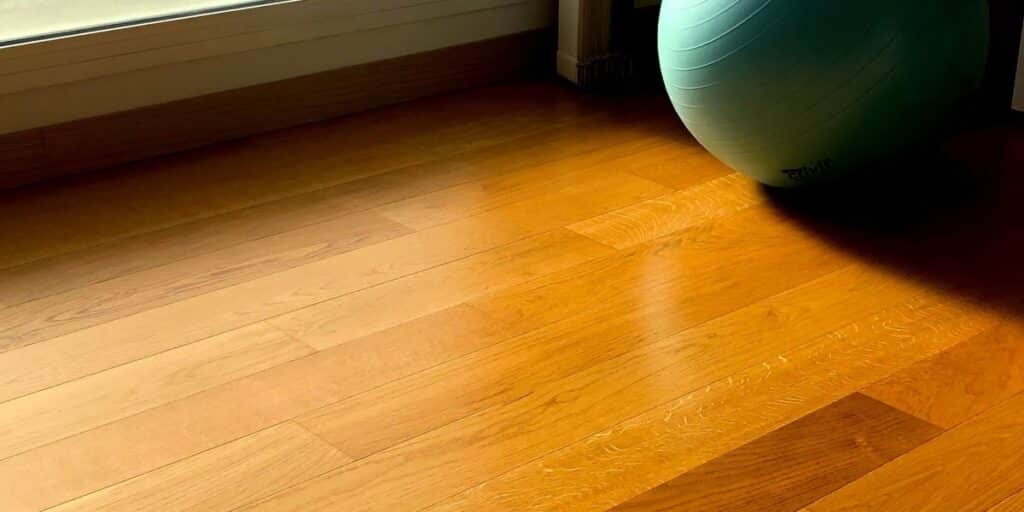
What Types of Hardwood Floors Are Easiest to Maintain?
When it comes to choosing new hardwood floors for your home, there are so many choices to make! Do you want solid, engineered, or laminate floors? What wood species is best? What about color and finish?
When making these decisions, it’s important to consider how much maintenance your flooring will require. Different types of hardwood floors need varying levels of maintenance, and every decision you make along the way, makes a difference.
Here is some information to help you design easy-to-maintain flooring that fits your style:
Solid vs. Engineered vs. Laminate
Hardwoods cost more but last for a lifetime. A simple, vacuum, dust or dry mop will keep it looking pristine on a day-to-day basis. In higher traffic areas, it may need a refinishing every 10 years or so, but that is all it will need to keep it looking as good as new!
Engineered woods have a layer of solid hardwood glued to multiple layers of plywood. Because of this, they are more resistant to warping from humidity, so they can be used in places that regular hardwood cannot.
Engineered wood floors cannot be continually sanded and refinished, however. They can only be sanded and refinished maybe once or twice in their lifetime, depending on how thick the veneer layer is. After that, they need to be replaced in the event of damage.
Laminate flooring is the most cost-efficient and very easy to clean with just regular sweeping and mopping. However, if it gets damaged, it cannot just be refinished, it will have to be replaced. That’s because the “wood” layer is actually a photo that is glued to the top to give the illusion of real hardwoods.
Color
Dark floors are gorgeous and provide a stark contrast against light walls. They do, however, show scratches, dirt and dust more than lighter shades. If you are in a home without pets and children, dark may work for you. Some darker flooring options include:
- Mahogany
- Cherry
- Walnut
- Brazilian Cherry
Lighter colors hide more dirt and debris than dark due to the visible wood grains. Some of these include:
- White Oak
- Birch
- Ash
- Maple
Another great option is a multi-toned floor. The difference in colors throughout the floor will hide stains very well, making them a great option with small children!
Humidity Resistance
Humidity can do a number on hardwood floors, expanding, contracting, warping, and affecting the color.
While there are hardwood options that are resistant to humidity, the inside of engineered wood floors are built specifically to resist warping. If you live in a very humid area, or are putting wood floors in a kitchen or bathroom, engineered may be the way to go.
Density
Density plays a huge part in the durability of wood.
Various hardwoods are ranked using the Janka Hardness Scale. The more dense the wood, the more it will hold up to higher traffic and daily wear. For example, Douglas Fir is one of the softest wood species and will be more prone to dents and dings. Brazilian Cherry is one of the hardest wood species and would be a great option for high traffic areas.
Finish
The finish on your floors can make a difference in how long your floor lasts and how easy it is to maintain. Most finishes come in matte, satin, and glossy, with glossy being the easiest to maintain and clean.
The other thing to consider when choosing a finish is its base. Oil-based polyurethane adds a glow to the wood, and can withstand the natural movement of the wood.
Acrylic based polyurethane (water-based) makes the wood more resistant to scratches and dings, but is not resistant to heat and solvents.
Custom-Designed Hardwood Floors in Gaithersburg, MD
With custom-designed hardwoods by Atlas Flooring Inc., you can mix and match floor types, wood species, and stains to create a unique design that meets your maintenance needs. Contact us today to discuss options with one of our trained professionals!
